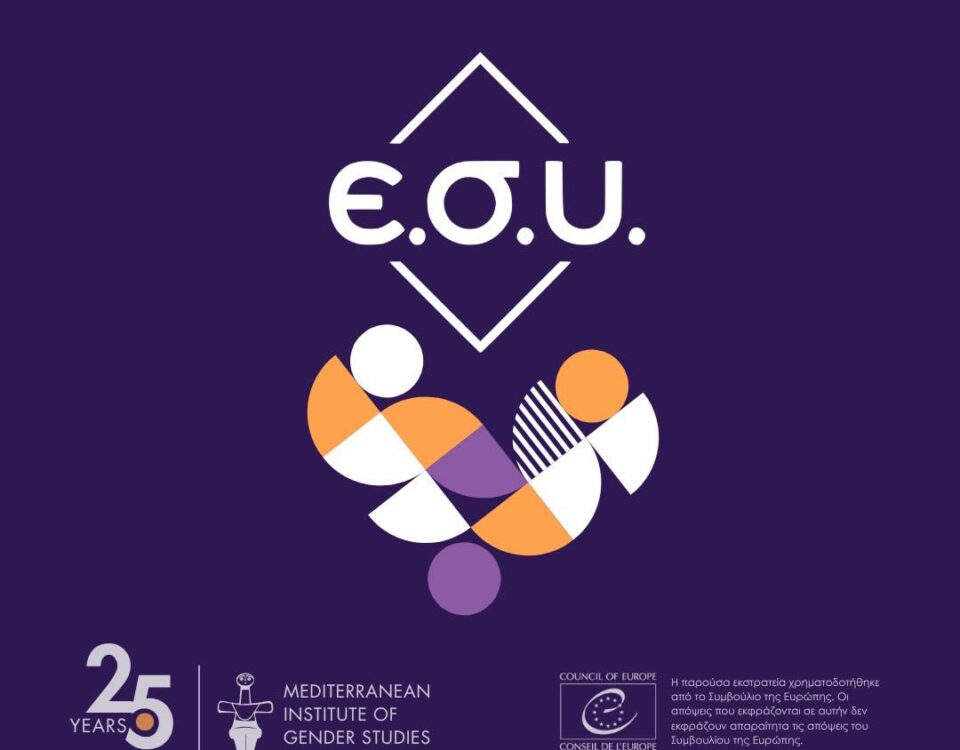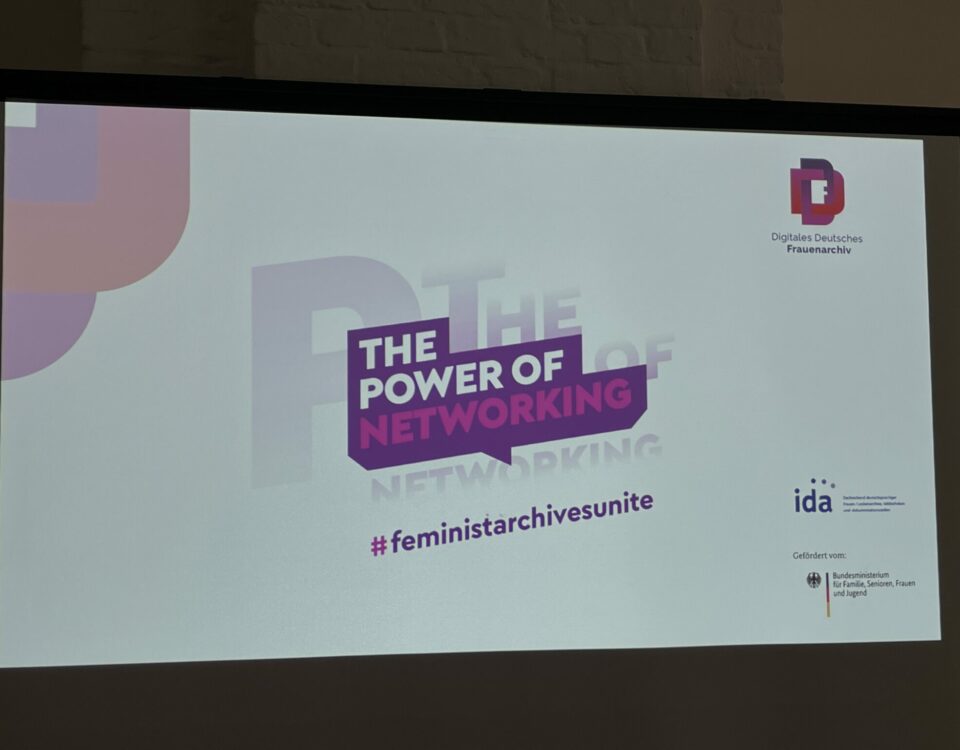Professional development training on domestic violence

Landmark convention for combating violence: Time for Cyprus to take action!
May 11, 2011
European Conference: Young Migrant Women in Secondary Education
June 30, 2011On the 8th and 9th March 2011 the Mediterranean Institute of Gender Studies (MIGS) and the Advisory Committee for the Prevention and Combating Domestic Violence, held a professional development training workshop entitled: “Recent Developments and Challenges in Domestic Violence: Implications for Service and System Design”. The training was held at the Journalists House in Nicosia, Cyprus, within the framework of the REACT to Domestic Violence: Building a Support System for Victims of Domestic Violence project, funded by the European Commission's Daphne III Programme and coordinated by the Legal Informational Centre for NGOs Slovenia-PIC, in partnership with MIGS.
The aim of the training was to help improve the inter-departmental (multi-agency) cooperation between the relevant institutions and government agencies dealing with domestic violence in Cyprus, and hence to contribute in the improvement of the quality and effectiveness of the support system for women victims of domestic violence. The professionals involved in providing support to victims of domestic violence (Social Welfare Officers, Family Counselors, Health Professionals, Mental Health Services, Non-Governmental Organisations, Police Officers and Legal Service officers and other Legal professionals) were brought together and were given the opportunity to learn about the most recent research on this social problem and to discuss current challenges in relation to the inter-departmental coordination and in the support system to victims of domestic violence.
Dr. Marsha Scott was the expert trainer with expertise in public health, gender and violence against women sectors in the United Kingdom, the United States and Europe for 20 years.
Opening Remarks were made by Nikoleta Renko on behalf of the Advisory Committee for the Prevention and and Combating Domestic Violence and MIGS Director Susana Pavlou.
The first day of the training focused on the theoretical framework on domestic violence as a cause and consequence of women’s inequality. The trainer used group exercises and encouraged group discussion to provide a more in depth understanding of recent developments in domestic violence: thinking and practice, including (among other), the historical argument around symmetrical versus non-symmetrical violence between partners and ex-partners, older women and domestic violence, the dynamics of coercive control (such as assault, intimidation, isolation, control), assessing risk in providing protection, perpetrator risk assessment, safety assessment with mothers and children, increasing space for action: help-seeking and help giving, domestic violence and children: children’s experiences of coercive control, possible effects of power and control tactics on a mother. Participants shared their experiences and discussed good practices as well as current challenges in the victim support system. The trainer concluded the session with various paradigms on why a gendered approach on the issue matters.
The second day of the training focused on Integrating the Paradigm Shift into System Design for Domestic Violence, using logic models to manage complex system planning. In the last session of the training Christina Kaili (Researcher, Project Coordinator, MIGS) and Katarina Bervar Sternad (Director, Legal-Informational Centre for NGOs – PIC) presented the key findings of the national research studies implemented on domestic violence and victim support system in Slovenia and in Cyprus in the framework of our REACT to Domestic Violence: Building a Support System for Victims of Domestic Violence project. Interdepartmental Discussion followed involving all relevant stakeholders sharing their experiences and addressing the gaps in the support system for victims of domestic violence in Cyprus.
The event attracted over 50 participants representing the Social Welfare Services, the Health services, the Law Authority, NGOs, and the Police.
Speeches/ Presentations presented at the workshop can be found below:
- Mapping the Gaps on Domestic Violence in Slovenia, Slovenian Report (English)
Katarina Bervar Sternad, Director, Legal-Informational Centre for NGOs – PIC
- Mapping the Gaps in Service Provision for Women Victims of Domestic Violence, Cyprus Report (Greek)
Christina Kaili, Researcher, Project Coordinator, MIGS
Blog – 8/6/2011




